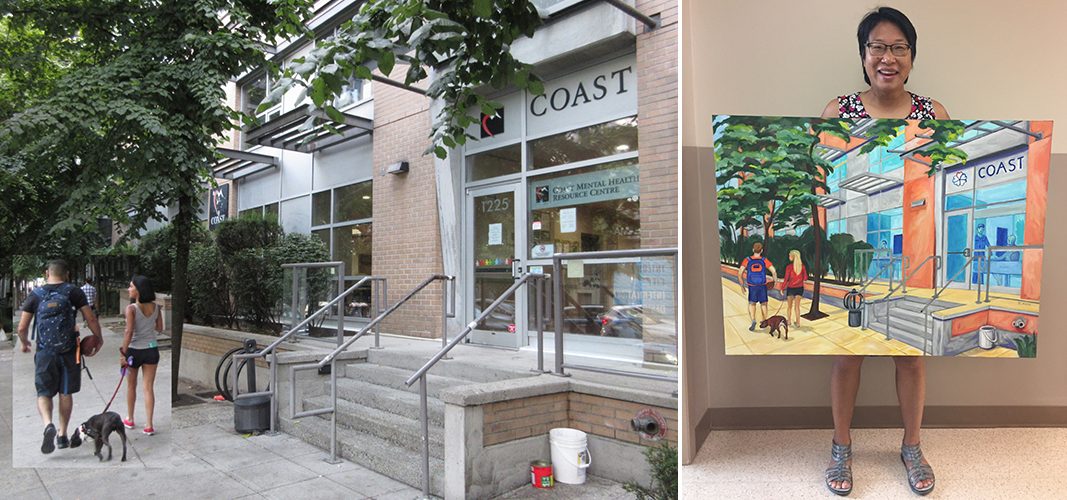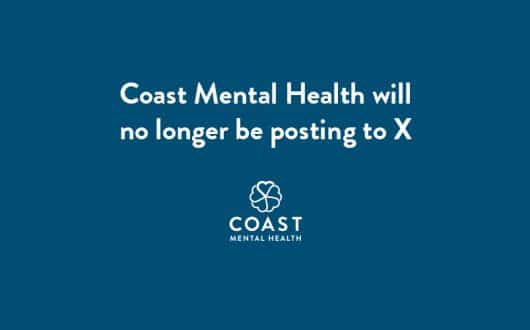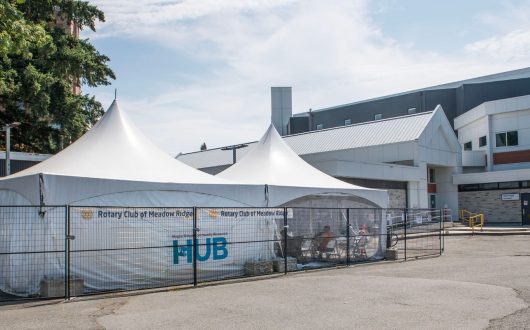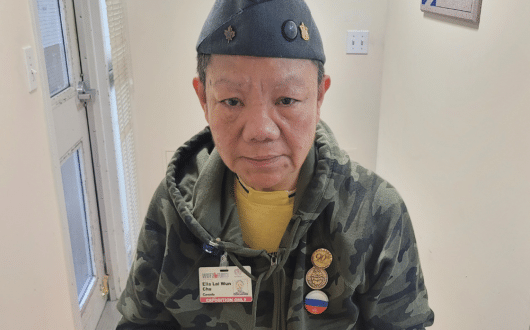Sandra Yuen MacKay remembers the excitement of learning she’d been selected as one of Coast Mental Health’s 2012 Courage To Come Back Award recipients as if it were yesterday.
“I remember receiving the call at 8 o’clock in the morning from the Chair of the Courage Awards, Lorne Segal,” Sandra says. “It was the start of a whirlwind fantasy.”
The Courage To Come Back Awards honour British Columbians who have overcome incredible physical, mental and social adversity to rebuild their lives and give back to others. Now in its twentieth year, it is also a vital fundraiser for the non-profit Coast Mental Health.
“I received the Courage Award because I had written a memoir about my recovery from mental illness and had given all sorts of talks about my experience.”
Sandra is diagnosed with schizoaffective disorder. She first began experiencing hallucinations and other symptoms when she was 14, and spent much of her teenage years in and out of adult psychiatric wards.
“It was hard being a young teenager. No one would explain the symptoms I was experiencing,” she remembers. “My psychiatrist basically said, well, you wouldn’t understand anyway, you’re not going to have insight.”
Without the tools to understand what was happening to her, Sandra blamed herself.
“I thought I was too stupid to figure things out. I blamed myself for having these barriers. I had a lot of anger about my mental health. However, schizophrenia can cause impaired judgment outside of one’s control.”
Even today, five years after having received a Courage Award, Sandra still seems incredulous that she has been honoured for something that was such a source of pain and isolation.
“Standing in front of 1000 people at the Courage Awards was amazing – the idea that people would recognize you for what you’ve overcome, after you have been shunned because of it for years, that’s just uncanny.”
The Courage Awards were just the beginning for Sandra. In 2012, she was invited to be part of the Canadian Alliance on Mental Illness and Mental Health’s Faces of Mental Illness campaign. In 2013, she was invited to Ottawa to receive the Queen Elizabeth II Diamond Jubilee medal.
Still, Sandra continues to work on managing her mental health.
“It’s just the nature of the beast. I still sometimes have problems around paranoia or false-thinking but I try to let go of obsessive thoughts and be more resilient.”
Creative expression, whether writing or painting, has been an integral part of her journey. That’s why when Coast Mental Health approached her about creating a painting of Coast’s downtown Resource Centre in honour of the Courage Awards’ 20th anniversary, she was very enthused.
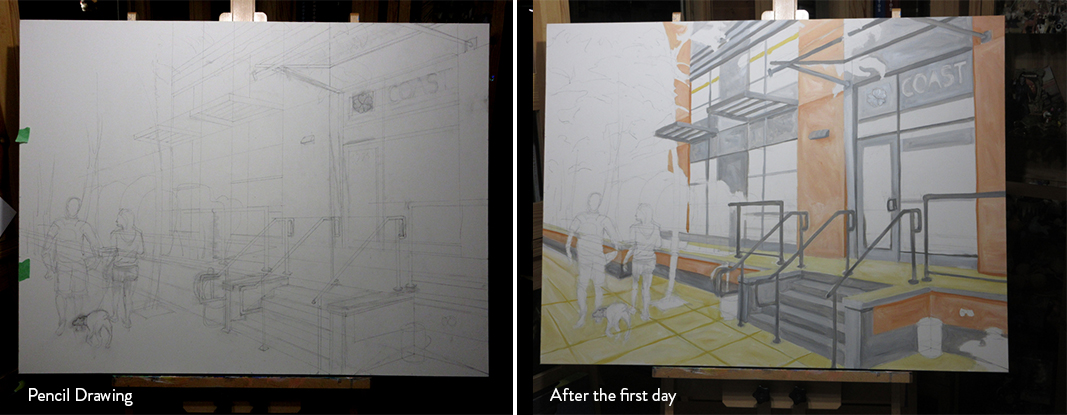
“Before I even signed the contract, I was already mapping it out and working on it. I placed the vanishing point nine inches off the canvas and worked hard to get the details and proportions right – the couple on the street with the dog, and the figures inside the building looking out.”
But something shifted as Sandra worked, and what began as a painting of Coast’s highest profile building came to embody the deeper significance of the Courage To Come Back Awards.
“The fellow at the counter inside this shining building, it’s like he’s trying to break through the glass and be part of the community. He’s reaching out, saying, ‘I want to be part of that world with the rest of you. I want to be regarded and respected as a person.’”
“I think that’s what Courage is about – building awareness and raising funds for Coast Mental Health to reach people and help them to move back into the community, to be purposeful and have quality of life,” she explains.
Sandra spent more than 40 hours on her painting of the Resource Centre. It’s the most detailed work she has created to date.
“It has been so meaningful to start off as a Courage recipient, and now to be using my art as a tool to give back. The Courage Awards galas are something that I keep returning to because I am so moved by the recipients’ stories and all the people who give from the heart.”
